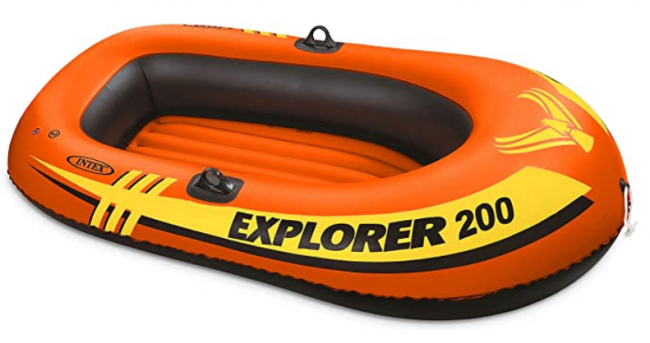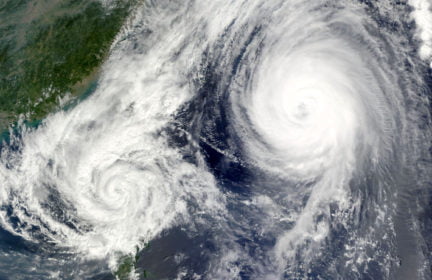The point I wanted to make (but was cut) on this recent BBC podcast about prepping going mainstream
It’s a nice segment that went out to their worldwide audience. About 18 mins long: https://www.bbc.co.uk/sounds/play/w3csz799, my part’s around 3:00. Another TP community member, Julie Fredrickson, also joined.
EDIT to add: The podcast was popular, so they did a follow-up article with Julie and I https://www.bbc.com/news/business-55249590
There was a part of the interview that was cut for time. It wasn’t hugely insightful, but wanted to ramble the point here since it keeps getting cut from these interviews:
When someone like Bill Gates says “we have major SHTF risks around disease/bioweapons and it’s important to prepare now,” we need to do a better job of listening and taking those people seriously.
In that example, Gates has spent more money on trying to solve medical problems than any other individual in history. He’s abundantly qualified to make that statement. And he’s certainly smart, known to be rational, and has a track record of being right about these kinds of problems / solutions / the future.
Yet people will hear someone like Gates say these warnings and dismiss it with a “hmph, so you’re a crazy prepper!”
Crying wolf is a good way to lose credibility. But there’s a difference between people like Gates and someone like an actress who spouts anti-vaxxer stuff. But what’s happening is people hear one person cry wolf too many false times, then when another person cries wolf, they dismiss it and ignore who the new person is. “The last times we heard someone talk about a wolf, it wasn’t true.” Well yeah, but this is a different person, and in fact this new person crying wolf is a trusted wolf expert!
A non-prepping example of this problem where people won’t let credentials override stereotypes: When Michael Phelps was “caught” smoking marijuana, people reacted with statements like “oh thats so horrible, how could he do that!”
… well, maybe if the greatest athlete of all time is smoking marijuana, your stereotypes about cannabis were wrong? The evidence that the stigma was wrong is right in front of you.
Dismissing the best people in society because what they say/do sounds similar to what the worst of society say/do is a recipe for disaster.
This societal problem, a twist on the No True Scotsman problem, is one of the biggest meta reasons I’m pessimistic about the future — we can’t avoid massive problems if we keep ignoring the people best qualified to lead us away from / out of those problems!
Another bit that was cut from the BBC interview perfectly demonstrates why people would rather put their head in the sand than face an inconvenient truth:
Me: “We’re not talking about some theoretical alien invasion. These problems like worsening natural disasters and late-stage capitalism are happening right now.”
BBC: “Here in the UK, someone is likely to say to you ‘cheer up love, it’ll be fine!’ A keep calm and carry on sort of thing.”
Me: “That’s part of the problem!”
-
Comments (8)
-

